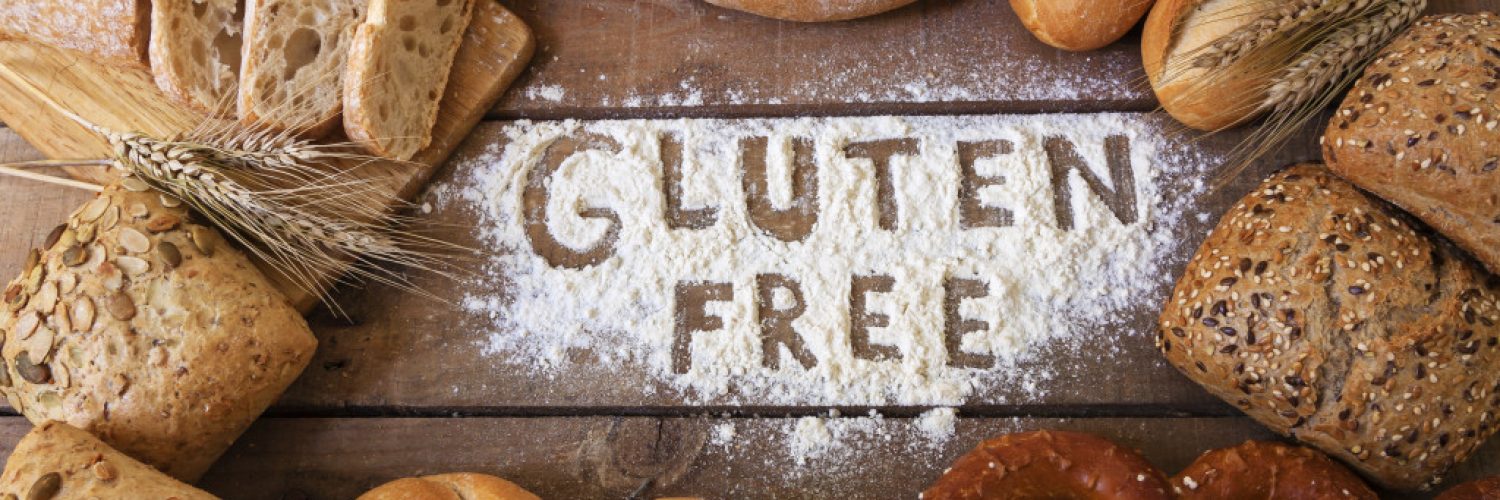For many people, the idea of following a restrictive diet is unthinkable. However, there are some who willingly give up certain foods, even if they have no allergies or existing conditions. For some, the motivation is purely aesthetic. They believe that by avoiding certain foods, they will be able to achieve their ideal weight and body composition.
Others follow a restrictive diet for health reasons. They may have read about the benefits of a particular way of eating and decided that it is the best option. While there are no medical reasons for following a restrictive diet, many people believe that it positively impacts their health.
Pros of a Restrictive Diet
A restrictive diet eliminates certain foods or food groups. While there are some risks associated with this type of diet, there are several benefits. One of the most apparent benefits of a restrictive diet is weight loss. By eliminating high-calorie foods or entire food groups, you can reduce your calorie intake and lose weight.
Additionally, a restrictive diet can help to improve your overall health. This is true if your new diet involves removing your intake of unhealthy foods. This enables you to lower your risk of developing obesity, heart disease, and type 2 diabetes.
Finally, a restrictive diet can also increase your energy levels and improve mood. When you eat healthy foods and avoid processed junk food, your body functions better, and you feel better. So, while there are some risks associated with restrictive diets, there are also many potential benefits.
Cons of a Restrictive Diet
Restrictive diets can be challenging to stick to in the long term. If a dieter falls off the wagon, they may feel guilty or like they have failed. This can lead to an unhealthy relationship with food and body image.
Such diets can also cause nutrient deficiencies since they often eliminate entire food groups. This can lead to fatigue, headaches, and other health problems.
Restrictive diets can also be socially isolating. If all your friends are going out for pizza and you can’t eat anything on the menu, you may start to feel left out. This can lead to feelings of depression and anxiety.
Did you know that many people became binge eaters after trying to maintain a restrictive diet? When we place restrictions on what we allow ourselves to eat, this can mess with our brains. As a result, we get obsessive thoughts about certain foods, making us cave and give in.

While restrictive dieting may help people lose weight in the short term, this can lead to overeating and even binge eating in the long run. Enrolling in a binge eating treatment program can help you develop healthy eating habits and break the cycle of binging and restricting. You can overcome binge eating and live a healthier, happier life with the right treatment.
What to Consider Before Starting a Restrictive Diet
When it comes to starting a restrictive diet, there are a few things you need to take into account. First and foremost, it’s essential to make sure that you’re doing it for the right reasons. If you’re looking to lose weight, improve your health, or increase your energy levels, then a restrictive diet may be good.
However, suppose you’re simply trying to conform to societal norms or fit into a particular clothing size. In that case, you may want to reconsider. Be sure to listen to your body and eat when you’re hungry. If you’re constantly feeling deprived, then a restrictive diet is likely not the right choice for you.
Before starting any restrictive diet, it’s essential to consult with a doctor or registered dietitian to ensure that it’s the right choice for your individual needs. They can help assess your current health status and weight and determine whether a restrictive diet is likely to be safe and effective for you. They can also advise which type of restrictive diet may be best suited to your goals and lifestyle.
Once you’ve decided to start a restrictive diet, it’s essential to create a plan for how you’ll stick to it. This may involve meal planning and prep, making grocery lists, and cooking in bulk. It can also be helpful to have some healthy recipes on hand that you know you’ll enjoy eating.
Finally, it’s essential to be mindful of the potential risks of restrictive diets, such as nutrient deficiencies, disordered eating, and social isolation. If you notice any red flags, reach out to your doctor or dietitian for support.
The bottom line is that while restrictive diets may offer some benefits, they also come with some risks. If you’re considering starting a restrictive diet, be sure to speak with a professional first. They can help you assess your individual needs and create a safe and effective plan for you.

